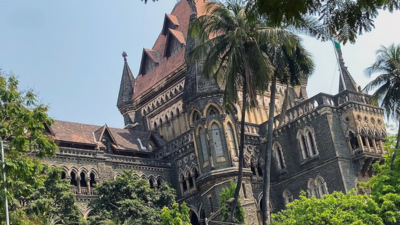The Bombay High Court recently ruled that filing a false criminal complaint under Section 498A of the Indian Penal Code (IPC) with the intent to “correct” a husband’s behavior constitutes cruelty under Section 13(1)(i-a) of the Hindu Marriage Act, 1955.
A Bench comprising Justices G S Kulkarni and Advait M Sethna held that such actions undermine the trust and harmony essential to a marital relationship, making it impossible for the marriage to survive.
“The respondent [husband] and his family being subjected to false criminal proceedings and the ordeal of facing such serious charges—initiated by the appellant-wife to correct the husband’s behavior—have no place in a marriage built on mutual trust, respect, and affection,” the Court stated.
The Bench further observed that filing a false criminal case against a spouse signifies a loss of reason and rationality, making it impossible to sustain the marriage.
“When a spouse resorts to false prosecution, it is clear that the solemnity and essential values on which the marriage rests are irreparably damaged. Such draconian misuse of criminal proceedings constitutes cruelty, warranting divorce,” the judgment noted.
Case Background
The couple married in March 2006 but separated after a few months. The wife later filed a complaint under Section 498A, alleging cruelty by her husband. Both the trial and appellate courts dismissed the case, and the husband was acquitted.
Despite the acquittal, the wife continued to pursue her appeal. The family court observed that the husband had not been notified of the appeal, and the wife failed to provide details about it.
The family court found that the wife’s prosecution was not intended to punish her husband but to alter his behavior. Her misuse of legal proceedings and lack of interest in maintaining the relationship led the court to grant a divorce in March 2018.
High Court Decision
The Bombay High Court upheld the family court’s judgment, agreeing that the wife’s actions amounted to cruelty under Section 13(1)(i-a) of the Hindu Marriage Act.
“We concur with the findings of the family court. The appellant-wife’s false prosecution of her husband, as affirmed by the criminal courts, undoubtedly constitutes cruelty warranting divorce,” the High Court held.
The Court also found no “perversity or illegality” in the family court’s decision to dissolve the marriage.
Legal Representation
Advocate Omkar Nagvekar, instructed by Advocate Prabha U. Badadare, represented the appellant-wife.
Advocate Dushyant S. Pagare appeared for the respondent-husband.

















